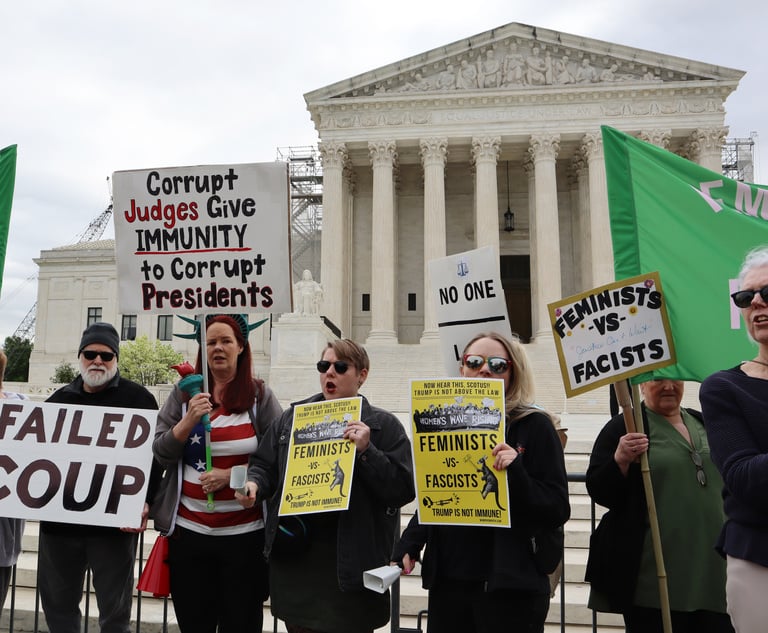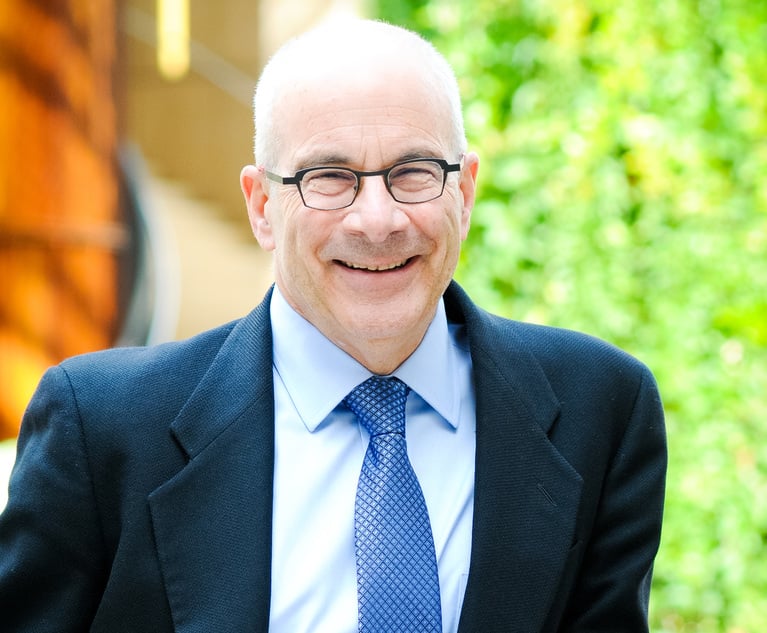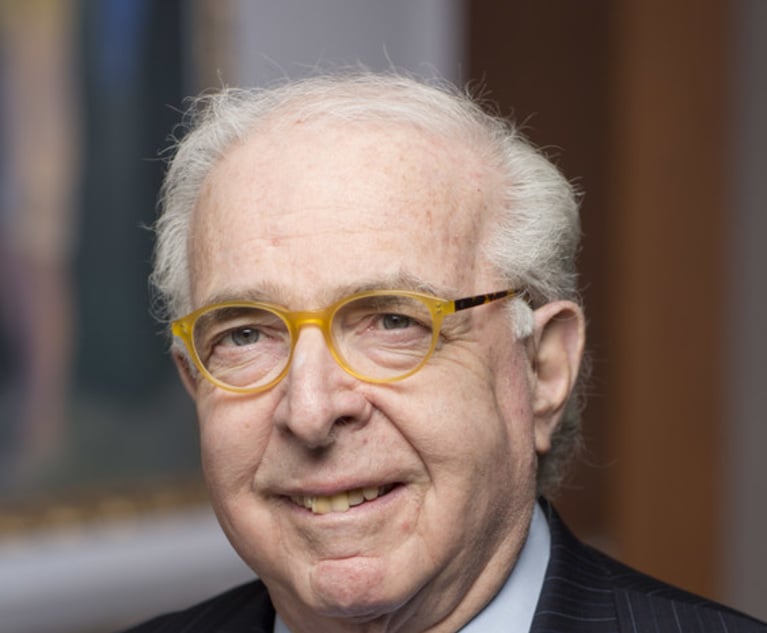 In response to Gideon v. Wainwright, 372 U.S. 335 (1963), New York created a county-based system of representation for criminal defendants, as well as Family Court litigants, who are entitled to counsel paid for by the government. See County Law article 18-B. In counties throughout the state, a significant component of the public defense system is an assigned counsel program (ACP). Bar associations administer the programs, and private attorneys provide the representation. However, the statute provides no details as to how to establish and administer an ACP. So, for four decades, counties and bar associations have created and maintained such programs with little guidance. That is changing, due to several developments.
In response to Gideon v. Wainwright, 372 U.S. 335 (1963), New York created a county-based system of representation for criminal defendants, as well as Family Court litigants, who are entitled to counsel paid for by the government. See County Law article 18-B. In counties throughout the state, a significant component of the public defense system is an assigned counsel program (ACP). Bar associations administer the programs, and private attorneys provide the representation. However, the statute provides no details as to how to establish and administer an ACP. So, for four decades, counties and bar associations have created and maintained such programs with little guidance. That is changing, due to several developments.
First, in 2015, a court-approved settlement in Hurrell-Harring v. State of NY—a case addressing the state’s failure to support a system that ensured effective assistance to indigent criminal defendants—led to criminal defense reform in the five counties named in the lawsuit. Second, in 2017, these reforms were expanded statewide, at state expense, pursuant to Executive Law §832(4). The State Office of Indigent Legal Services (ILS) was charged with implementing the Hurrell-Harring settlement and its statewide expansion. Third, effective April 1, 2019, ILS was also given the authority to approve ACPs. See County Law §772(3)(b), (c).






